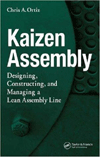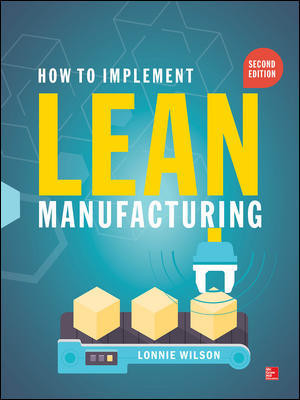Moving Forward: Smith Goes to Kansas City
A British manufacturer of electric delivery trucks sets up shop in Kansas City.

On Oct. 19, the first electric truck rolled off the new assembly line at Smith Electric Vehicles U.S. Corp. in Kansas City, MO.
Called the Newton, the truck is powered by lithium-ion batteries and a 120-kilowatt induction motor. The cab-forward vehicle has a top speed of 50 mph and can travel more than 100 miles on one battery charge. Depending on the model, the truck can carry a maximum payload of 7,392 to 16,280 pounds. A full recharge takes six to eight hours.
Aimed primarily at depot-based logistics operations in urban areas, the Newton comes off the line ready to be customized with application-specific equipment, such as a standard cargo box, a refrigerated box, a flat bed, a cherry picker, or an hydraulically powered open box for bulk materials.
The Newton’s target customers are facilities with fleets of trucks that follow regular routes and begin and end each day at the same place, says Bryan Hansel, CEO of Smith Electric Vehicles. In fact, Smith has already received orders from The Coca-Cola Co., Staples Inc., Frito-Lay, Canteen Vending Services, and Pacific Gas and Electric Co.
The Kansas City plant is the first North American assembly plant for Smith Electric Vehicles U.K., which is located in Washington in northeastern England. “The market for electric vehicles in the United States is growing,” Hansel says. “If we were going to commit to this market, we didn’t want to import the vehicles, especially vehicles of this size. We wanted to localize manufacturing and our supply chain.”
In March, the company took over a vacant building near Kansas City International Airport. The company chose Kansas City because its central location provides good access to major metropolitan areas on either coast. Although the building has some 400,000 square feet of space, Smith currently occupies 80,000 square feet. “We have a lot of room to expand if the market demands it,” says Hansel.
At the moment, the facility has a nine-station assembly line operating on a single shift. Eventually, the plant will have five more lines operating on multiple shifts. The $10 million facility is expected to employ 120 people by the end of 2010.
Assembly is primarily manual. External suppliers deliver rolling chassis, batteries, powertrain components and other assemblies.
Getting the line up and running went smoothly. Compared with the U.K. facility, the Kansas City plant is quite spacious. Whereas the U.K. line has a serpentine configuration, the Kansas City line is straight. And while the U.K. facility assembles several Newton models, the Kansas City plant is only producing one, at least initially.
“We copied all the standard operating procedures of the U.K. line,” says Hansel. “All our senior guys were trained in the U.K., and some staff from the U.K. are spending time with us here as we ramp up. That cross-pollination has been invaluable in reducing the risk of starting up a new factory. We were able to take advantage of three years of production experience with this product.”
Smith received $3 million in tax credits from the state of Missouri as an incentive to set up in Kansas City. In addition, the company recently won a $10 million grant from the federal government to produce 100 electric trucks. Later in 2010, the company will also start production of a battery-powered version of the Ford Transit Connect van.
Editor’s note: With all the news of bailouts, layoffs and plant closings, it’s all too easy to think every manufacturer is stuck in the doldrums. In fact, there’s plenty of good news in manufacturing-if you take the time to look. “Moving Forward” is a regular series profiling new or expanding assembly plants. If you know a facility that’s opening, growing, investing in new equipment, or simply going great guns while everyone else is treading water, we’d like to hear about it. Send an e-mail to John Sprovieri, editor of ASSEMBLY, at sprovierij@bnpmedia.com, or call 630-694-4012.
Looking for a reprint of this article?
From high-res PDFs to custom plaques, order your copy today!






